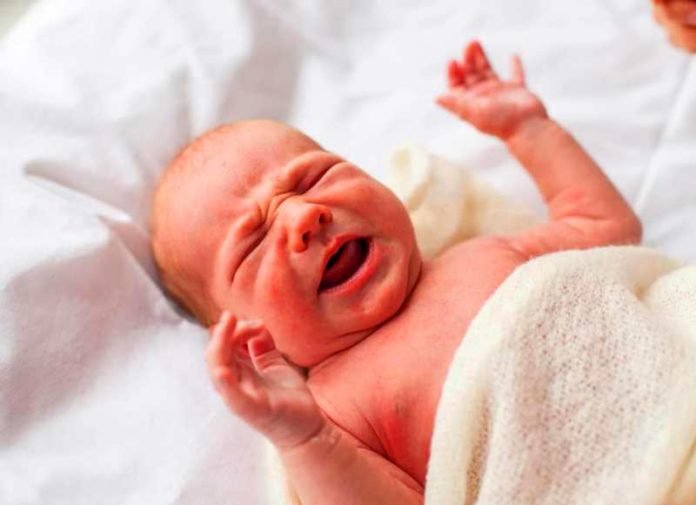Can an infant’s cry determine if he or she is suffering from an underlying neurological condition? Ubenwa, a company based in Montreal, Canada, claims it has developed accurate AI-based algorithms for cry activity tracking, acoustic biomarker detection and anomaly prediction, turning infant cries into potential diagnoses.
The company’s first pilot on detecting neurological injury due to birth asphyxia demonstrated about 40 per cent improvement over the most common physical exam at birth.
“Ubenwa is building a diagnostic tool that understands when a baby’s cry is actually a cry for medical attention,” said Charles Onu, CEO and Co-founder of Ubenwa.
“Ultimately, our goal is to be a translator for baby cry sounds, providing a non-invasive way to monitor medical conditions everywhere you find a baby: delivery rooms, neonatal and pediatric intensive care units, nurseries, and in the home,” he said in a statement late on Monday.
For now, the AI-powered software only identifies early signs of birth asphyxia, and can potentially determine learning milestones based on cry triggers.
Ubenwa has announced a $2.5 million (US) pre-seed financing led by AI-focused Radical Ventures and AI pioneer Yoshua Bengio.
A spinout from Mila-the Quebec Artificial Intelligence Institute, Ubenwa is working with Montreal Children’s Hospital and pediatric hospital networks around the world, to build a platform for sound-based diagnostic tools, combining groundbreaking AI research and clinical insights.
“AI is well-suited to deriving insights from the sound signature of an infant cry,” said Yoshua Bengio, the AI pioneer who heads Mila.
“Onu’s leading research into identifying biomarkers in baby cry sounds offers the promise of unlocking our understanding of what’s behind a baby’s cry.”
For both clinicians and parents, an infant’s cry is difficult to diagnose.
Babies cry for several reasons such as when they are hungry, exhausted or have colic.
But a baby’s cry can also be a signal that more urgent care is required and delayed diagnosis may lead to severe, long lasting effects or fatality.
“Cry analysis has the potential to provide critical information for identifying babies with evolving brain problems,” said Dr Guilherme Sant’Anna, Neonatologist at Montreal Children’s Hospital and Professor at McGill University.
“Supported by a strong clinical foundation, Ubenwa has developed a proprietary innovation for an underserved and important market,” added Sanjana Basu, an investor with Radical Ventures who joins the Ubenwa board.
Deciphering a baby’s cry using machine learning can open up a range of possibilities in the consumer and clinical pediatrics market where demand for better digital products is only growing, she added.
Read more Health News

